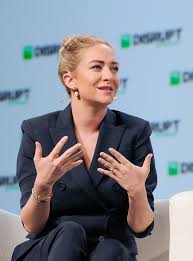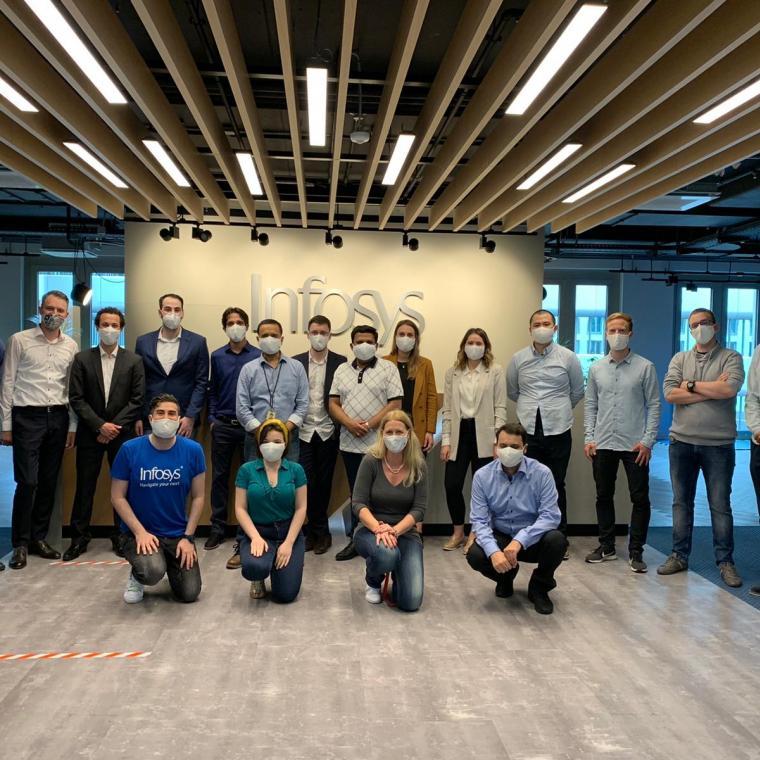Whitney Wolfe Herd: A Trailblazer in the Dating App Industry

Introduction
Whitney Wolfe Herd, the founder and CEO of Bumble, has become a prominent figure in the tech and dating app world, celebrated for her innovative approach to online dating. Since the launch of Bumble in 2014, Wolfe Herd has championed a platform that prioritises female empowerment, making her a key player in the discussion around safety in dating apps. As the conversation on women’s experiences in tech and dating continues to evolve, Wolfe Herd’s work remains highly relevant.
The Birth of Bumble
In 2014, Whitney Wolfe Herd launched Bumble, a dating app that distinguishes itself by requiring women to make the first move in heterosexual matches. This unique feature combats harassment and promotes a safer environment for women, addressing significant concerns that have long plagued the online dating scene. The app quickly gained popularity, reaching over 100 million users worldwide by 2021. Bumble’s success is a testament to Wolfe Herd’s understanding of both the market’s gaps and the societal need for a more respectful dating experience.
A Catalyst for Change
Wolfe Herd’s influence extends beyond Bumble. With her high-profile public persona and role as a female entrepreneur in a predominantly male-dominated industry, she has become a symbol of change. Her advocacy for women’s rights and safety in dating has resonated widely, encouraging other entrepreneurs to adopt similar principles in their businesses. In 2021, she made headlines by becoming the youngest self-made female billionaire, a remarkable feat that highlights her professional achievements and inspires countless young women worldwide.
Recent Developments
The Covid-19 pandemic presented unique challenges for dating apps, with a surge in users seeking connections but also heightened concerns around safety and authenticity. In response, Bumble has introduced features like video dating and expanded safety protocols, including photo verification and a dedicated block feature. Wolfe Herd’s leadership during this tumultuous period demonstrates her commitment to adapting the platform to meet users’ needs while continuing to promote a culture of respect and empowerment.
Conclusion
Whitney Wolfe Herd continues to redefine the dating landscape, ensuring that Bumble remains at the forefront of innovation and safety. Her efforts to empower women and create a secure dating environment resonate deeply in today’s society, making her an influential figure in tech and beyond. As Bumble navigates future challenges and opportunities, Wolfe Herd’s vision for a more equitable platform promises to shape the future of online dating, inspiring a new generation of users who prioritise respect and empowerment in their relationships. The significance of her work cannot be overstated, serving as a powerful reminder of the impact of female leadership in all spheres of life.
You may also like

The Rise of Snowball App: A Dragons’ Den Triumph

The Emergence of Neo Robot in Modern Industries
